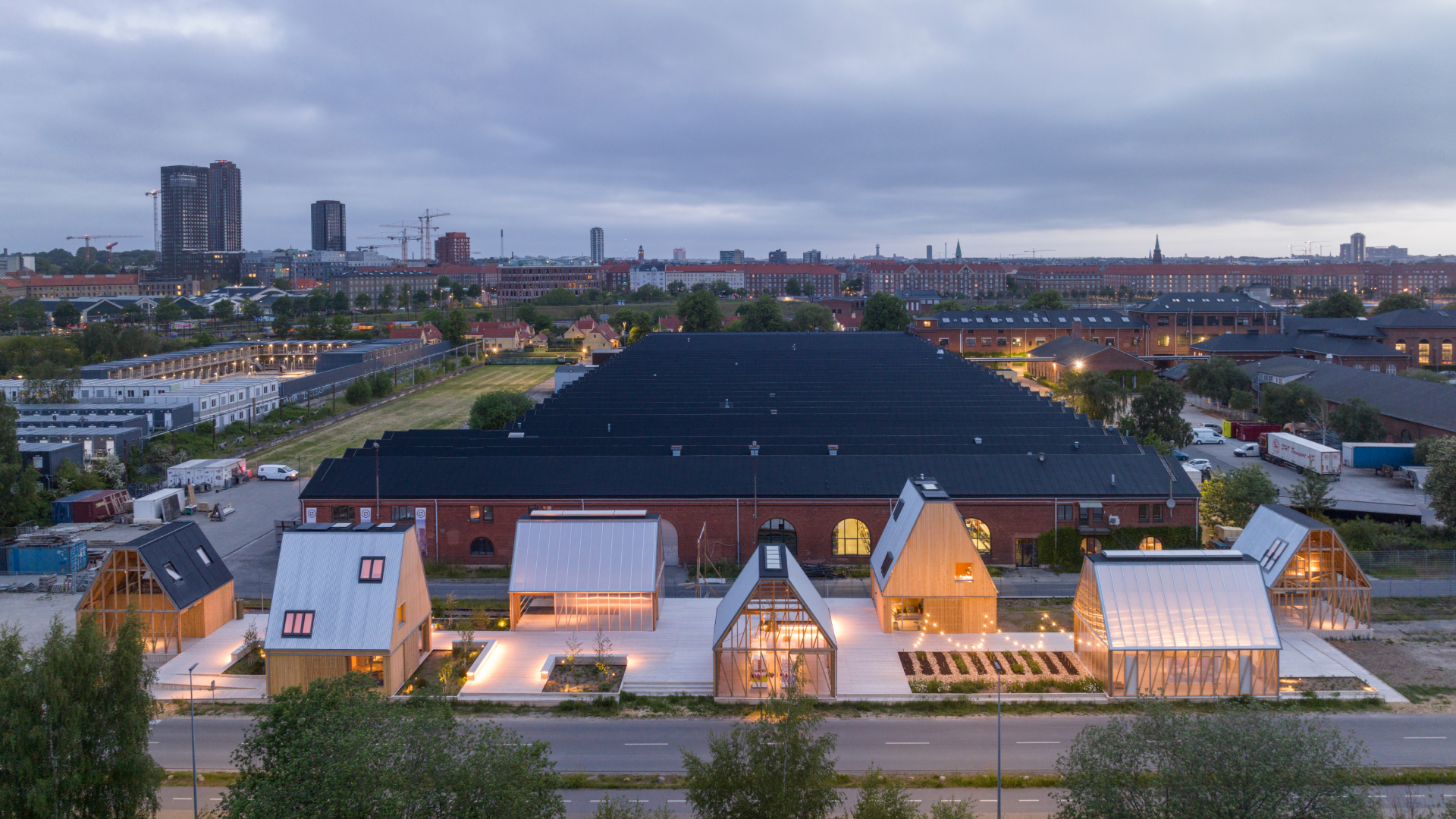VELUX roof windows are all about transforming spaces using daylight and fresh air to enhance well-being and create healthy indoor spaces. Since the company was founded in 1941, we have been shaped by our model company objective and worked to create products that are both functional and useful for society.
Buildings are responsible for almost 40% of European energy demand. Europeans living with a poor indoor climate, it is more important than ever that our products make a positive difference in society. We see an urgent need to deliver sustainable, healthy and affordable buildings, and we want to be part of this change.

Ever since our founding, the VELUX Group has been shaped by our Model Company Objective.
In 2023, we took the next natural step and fully integrated sustainability into our corporate strategy. This will help to ensure that sustainability is at the very heart of our business and part of all aspects of our organisation - from selecting our suppliers to the way we design our products right until their end-of-life handling.

We finance forest projects that reduce and remove CO2 equivalent to our historical CO2 emissions. The projects are designed and delivered by the World Wide Fund for Nature (WWF). Our twenty-year partnership will deliver a portfolio of forest projects in tropical forest landscapes with high biodiversity value that will create positive change for people, nature, and climate.
The partnership aims to contribute the verified carbon reductions and removals generated by the forest projects to the host countries' climate commitments. This means that the verified carbon reductions and removals will not be traded nor used for offsetting by the VELUX Group.
Photo: Nguyen Ngoc Quang, WWF-Viet Nam
CLIMATE AND NATURE
Our decarbonisation commitments
We are committed to reducing emissions from our own operations and our value chain. To do so, we have set targets that follow the most ambitious pathway of the Paris Agreement and have been validated by the Science Based Targets initiative.
By 2030, we aim to eliminate our operational (scope 1&2) emissions without using carbon offsets and halve our value chain (scope 3) emissions in absolute terms compared with 2020.

